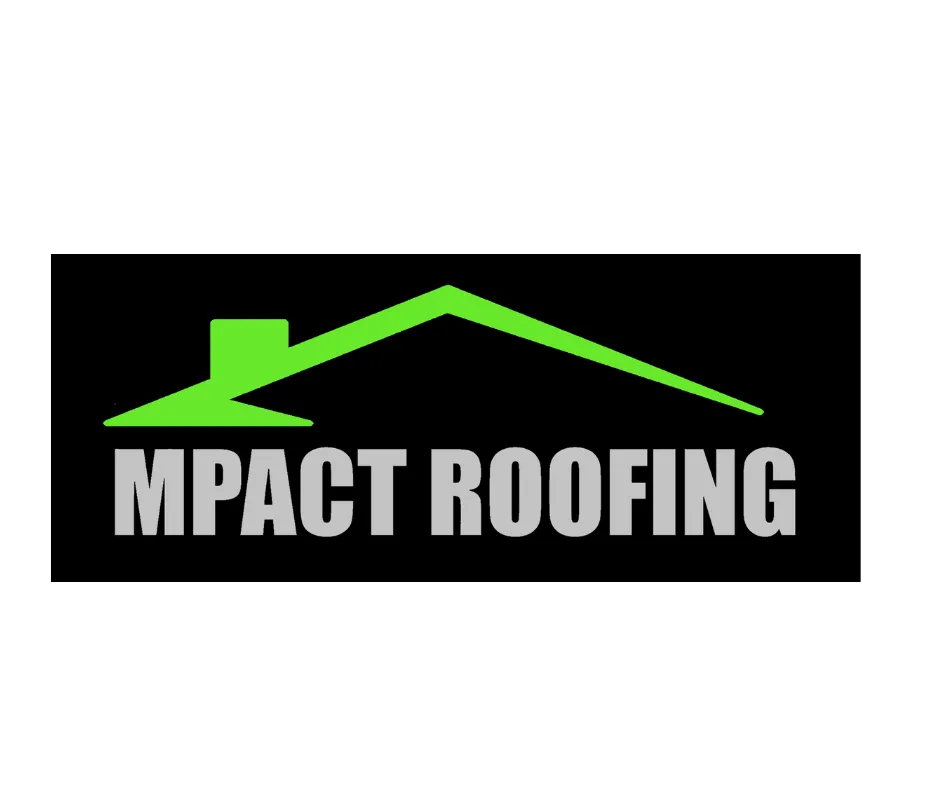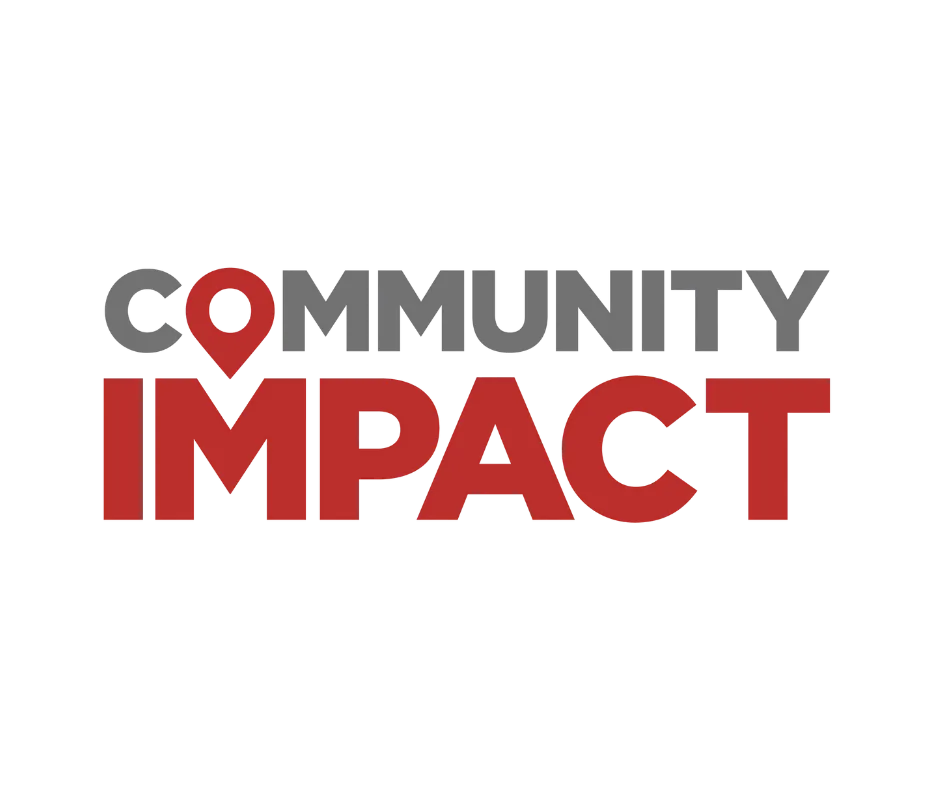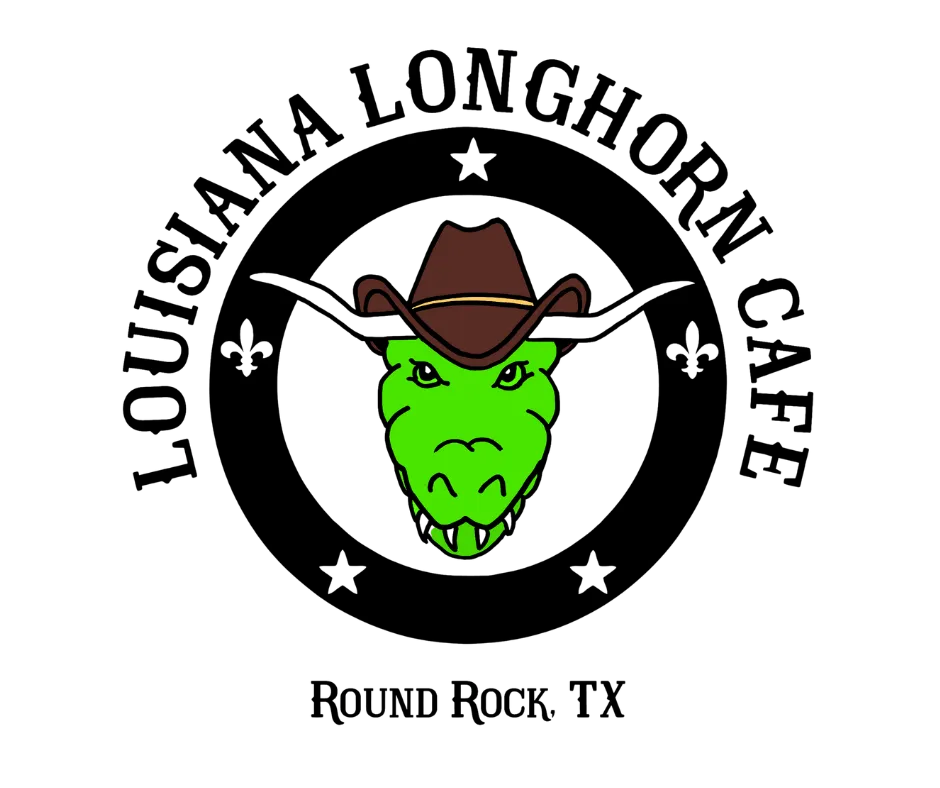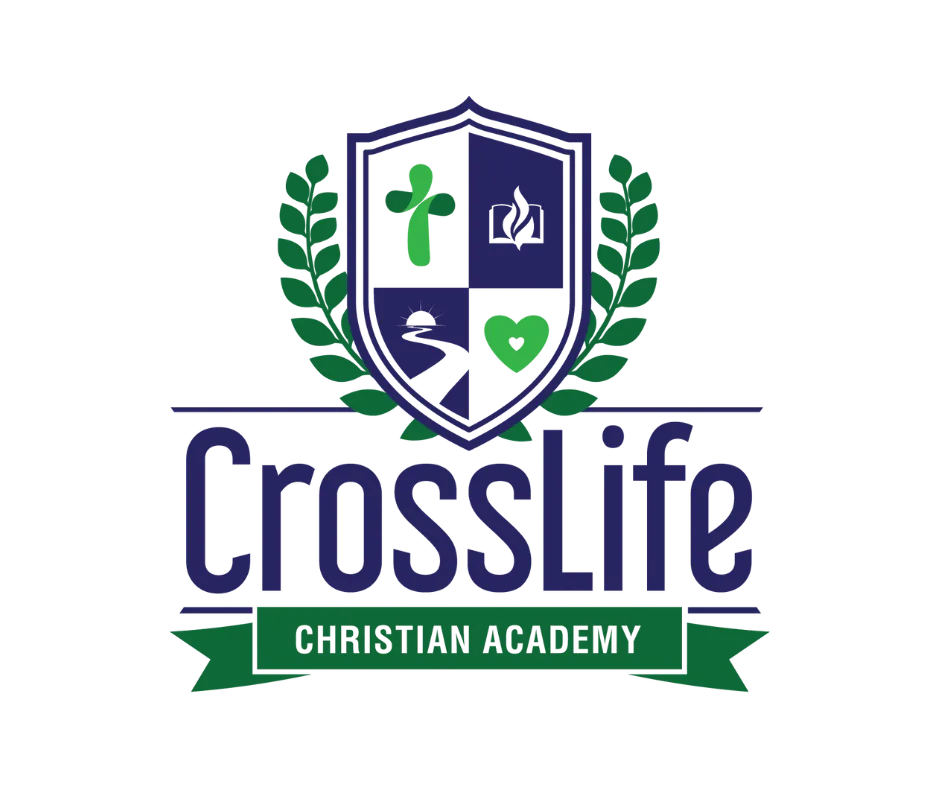
No Child Should Go Hungry. Period.
Every $20 you give feeds a child for an entire month. Together, we can end weekend hunger for kids in our community.

Hunger Doesn’t Take the Weekend Off!
Just $20 Feeds a Child for the Entire Month
In Texas, thousands of children (1 out of every 4) go home on Friday with no food for the weekend.
Backpack Friends fills that gap by packing bags full of meals and sending kids home with dignity, hope, and a full belly.
Every $20 you give sponsors one child for an entire month. That’s a real difference you can make right now.
Where Compassion Meets Action!
Make An Impact In
Someone’s Life
Backpack Friends works with local schools to identify at-risk children who may go hungry over the weekend. Each week, we discreetly deliver backpacks filled with nutritious, easy-to-prepare meals, ensuring every child has food from Friday to Monday.
Your support doesn’t just feed a child. It restores dignity. It builds trust.
It tells a child, “You’re not forgotten."

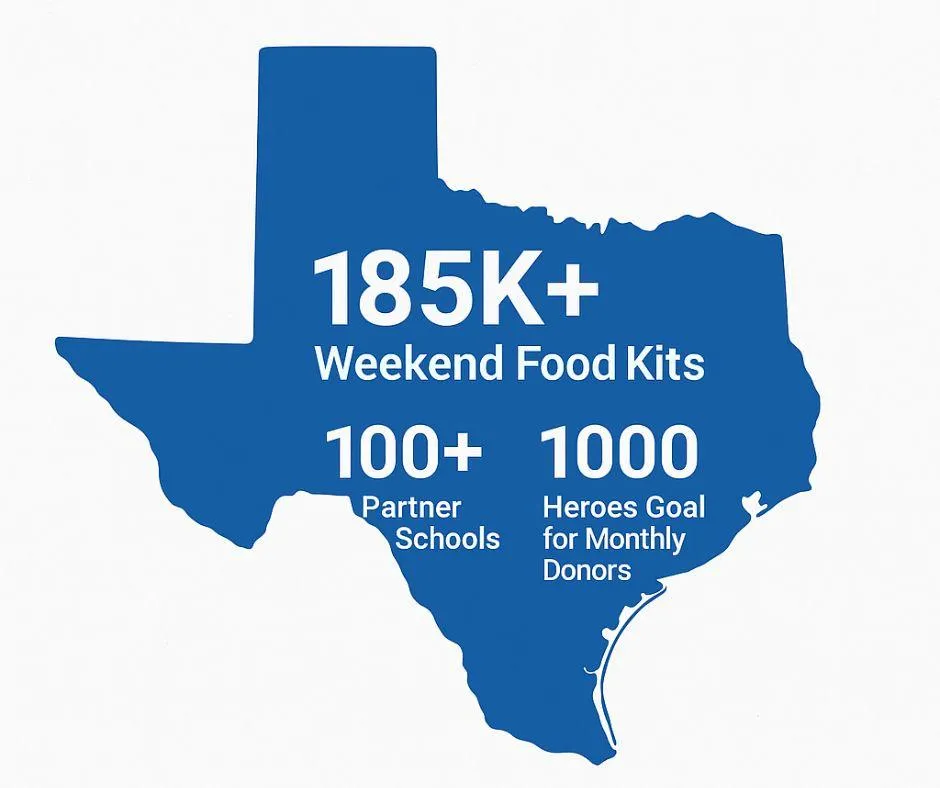
Our Mission Is Local. But the Impact Is Lifelong
We’re Building a Movement of 1,000 Monthly Heroes
Every dollar you give stays right here in our Texas communities, feeding children, fueling hope, and building a better future.
Since our inception, we’ve delivered over 185,000 backpacks, partnered with 100+ schools, and we’re just getting started.
Now, we’re on a mission to rally 1,000 monthly sponsors who believe no child should go hungry over the weekend. Will you be one of them?
Make An Impact
In A Kid's Life
In 2014, we started by feeding just 12 kids at a single local campus. Since then, Backpack Friends has delivered over 185,000 weekend food kits to children across Texas, kids who might otherwise go without anything to eat from Friday lunch until Monday breakfast.
That’s 185,000 backpacks. 185,000 full bellies. And 185,000 reminders to a child that they are seen, loved, and not forgotten.
185,000+
Weekend Food Kits Delivered
Across Central Texas school districts and growing every year.
Local Partners
Public, Private, and Charter Schools
Pflugerville, Round Rock, Austin ISD, Georgetown, Bastrop & more.
1,000 Heroes
Our donor base is growing and we're aiming for 1,000 monthly sponsors.
Supported Campuses.
PFLUGERVILLE ISD
Brookhollow ES, Timmerman ES, Caldwell ES, Windermere ES, Wieland ES, Spring Hill ES, Northwest ES, Parmer Lane ES, Copperfield ES, Delco ES, Dessau ES, Pflugerville ES, Highland Park ES, Rowe Lane ES, Dearing ES, Ruth Barron ES, IDEA Pflugerville, Dessau MS, Park Crest MS, Bohls MS, Pflugerville MS, Westview MS, Cele MS, Weiss HS, Connolly HS, Hendrickson HS, PACE, Pflugerville HS
ROUND ROCK ISD
Head Start, Forest Creek ES, Ridgeview ES, Voigt ES, Gattis ES, Herrington ES, Cedar Valley MS, Round Rock Opportunity Center, Cedar Ridge HS, Stony Point HS
OTHER DISTRICTS
Austin ISD
Georgetown – Mary Bailey Head Start
Midway ISD – Castle Creek ES
Bastrop ISD
San Antonio Area Campuses
Walk. Give. Celebrate. Help Us Feed More Kids.
Backpack Friends isn’t just about meals, it’s about community.
Join us for two unforgettable events where your presence helps us raise funds, awareness, and real impact.
Whether you walk, eat, dance, or simply show up, you’re helping feed a child who needs you.
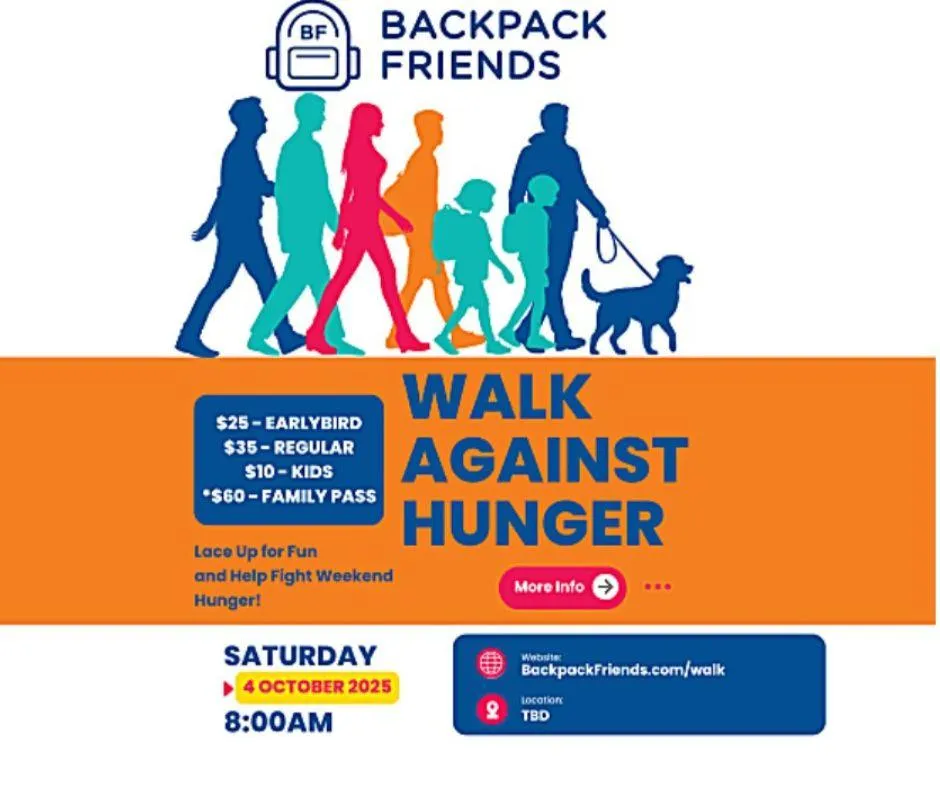
Walk Against Hunger
Saturday, October 4, 2025.
Pfluger Park,
Pflugerville, TX
Lace up and join the fight against hunger! Bring your family, friends, or coworkers and walk the beautiful trails of Pfluger Park. Enjoy the Kids Zone, VIP tailgate, and more, all while raising critical funds to feed local children.
🎟️ Adults $25 | Students $10 | Kids & Pets FREE | Teams $300
💛 Every $5 raised = one weekend of food for a child in need.

Holiday Extravaganza
Friday, November 7, 2025, 5PM–9PM
Centennial Plaza, 301 Baghdad Street,
Celebrate the season with a night of shopping, food trucks, kids’ activities, music, giveaways, and festive fun, all to help feed kids this holiday season.
🎟️ Free admission!
🛍️ Vendors, prizes, Santa, and surprises for the whole family.
Be a Doer. Be a Hero. Get Involved.
There are so many ways you can make a difference with Backpack Friends and it starts right here.
Whether you want to:
Join a Packing Party
Volunteer a few hours in the workroom
Deliver food to campuses
Host a fundraiser Or partner through a sponsorship…
You’re in the right place.
Just drop your info below and we’ll reach out with next steps to match you with the opportunity that fits best.
Be The Difference. Subscribe for Updates!
Help Feed More Kids.
Join our mission to end weekend hunger. When you sign up, you’ll get exclusive updates, impact stories, behind-the-scenes access, and early access to events and offers.It’s a simple way to stay connected and be part of something that truly matters.

© 2025 Backpack Friends - All Rights Reserved

